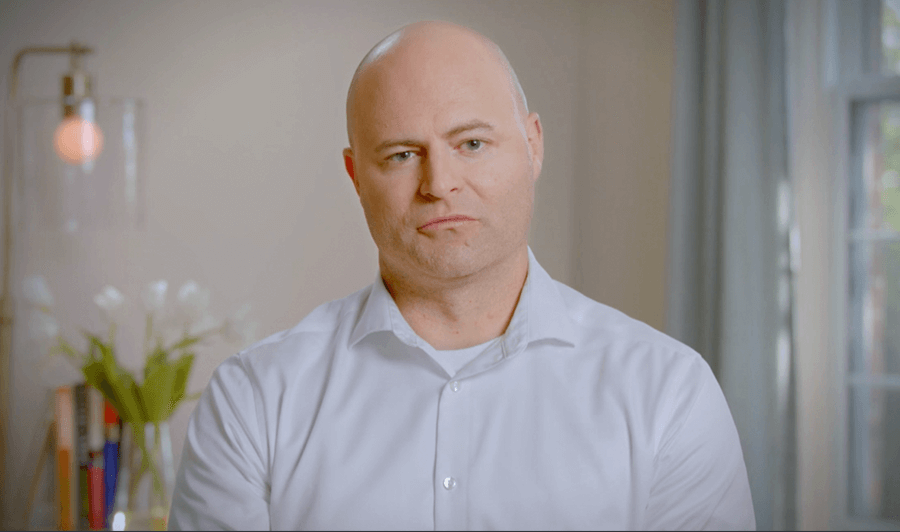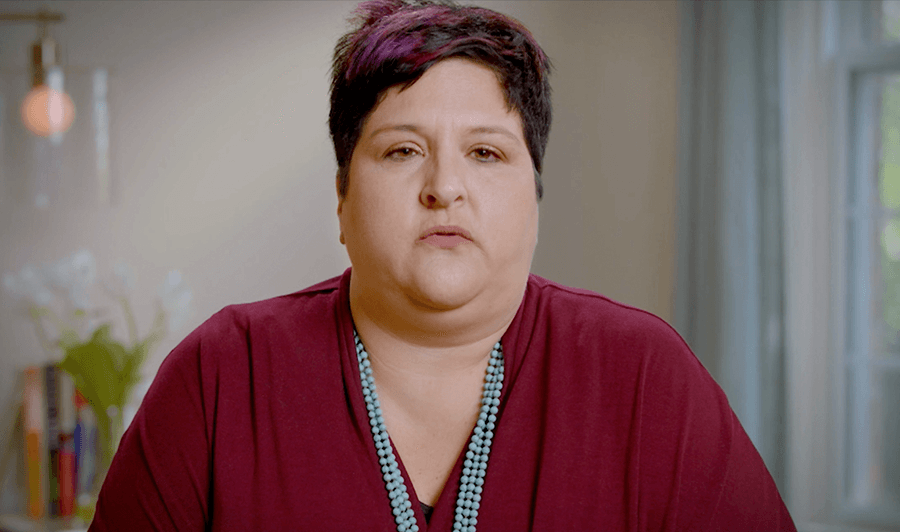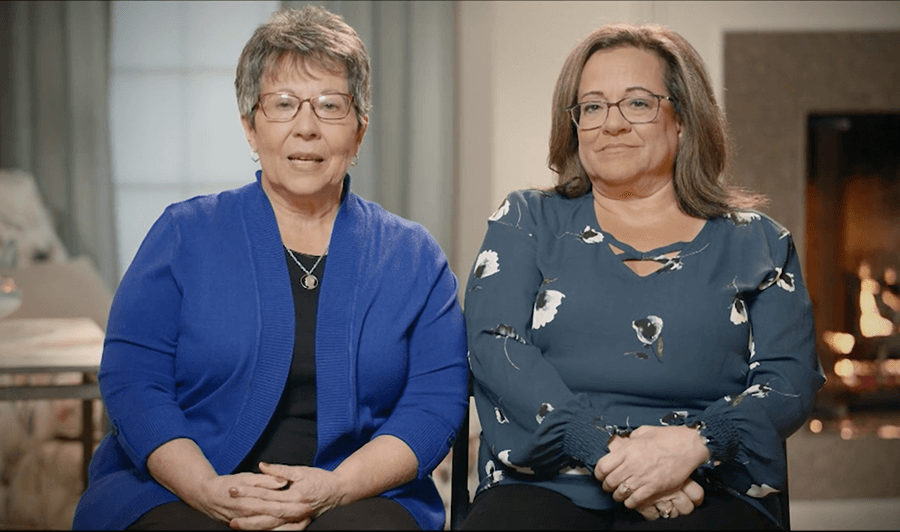
Signs Your Loved One is Not Being Monitored in a Nursing Home
If your loved one is in a nursing home and you suspect that they are not being monitored properly, there are several signs you can look for:
- Unexplained injuries: Bruises, cuts, or broken bones could be a sign that your loved one is not being watched closely enough and is at risk of falling or being hurt.
- Unkempt appearance: If your loved one’s personal grooming and hygiene are neglected, it could indicate that they are not receiving adequate care.
- Changes in behavior or mood: If your loved one becomes withdrawn, depressed, or irritable, it could be a sign that they are not receiving the support they need.
- Weight loss or malnutrition: If your loved one is losing weight or appears to be malnourished, it could be a sign that they are not receiving adequate meals or that their health needs are not being properly monitored.
- Dirty or unsanitary living conditions: If the room or common areas of the nursing home are dirty or unsanitary, it could be a sign of neglect or inadequate staffing.
- Unanswered call lights: If your loved one’s call light goes unanswered for extended periods of time, it could indicate that the staff is not adequately monitoring their residents.
It’s important to keep in mind that these signs do not necessarily mean that your loved one is being neglected or abused, but they are cause for concern and warrant further investigation. If you have any concerns, it’s important to speak with the staff and management of the nursing home and to report any suspected abuse to the appropriate authorities.
What is Considered Nursing Home Neglect/Abuse?
Nursing home neglect and abuse refers to any action or inaction by a caretaker that causes harm or a threat of harm to a resident in a nursing home or long-term care facility. The following are some common forms of neglect and abuse in nursing homes:
- Physical abuse: This includes hitting, pushing, slapping, or any physical force used to cause harm to a resident.
- Emotional abuse: This can take the form of verbal assaults, humiliation, threats, or isolation of the resident.
- Neglect: This refers to a failure by a caretaker to provide the necessary care for a resident, such as failing to assist with activities of daily living, provide proper hygiene, or ensure proper nutrition.
- Financial abuse: This occurs when a caretaker misuses a resident’s money or property for personal gain.
- Sexual abuse: This includes any non-consensual sexual contact with a resident.
- Medical neglect: This involves failing to provide proper medical care or delaying treatment that results in harm to the resident.
It’s important to note that abuse and neglect can occur in many forms and can be committed by a wide range of individuals, including nursing home staff, family members, or other residents. If you suspect that someone you know is being abused or neglected in a nursing home, it’s important to report it to the appropriate authorities as soon as possible.
Do You Really Need an Attorney for Your Nursing Home Case?
Nursing home abuse and neglect cases can be complex and emotional, and it is important to understand the options available to you when seeking justice for a loved one who has been harmed in a care facility. Having an experienced nursing home attorney on your side can make a significant difference in the outcome of a case.
Here are some of the key benefits of having an attorney for a nursing home case:
- Knowledge of the legal system: Attorneys who specialize in nursing home abuse and neglect cases have a deep understanding of the legal system, including the regulations and laws that apply to nursing homes. This knowledge can be essential in navigating the legal process and achieving the best possible outcome for your case.
- Experience in gathering and presenting evidence: A skilled attorney can help you gather and present the evidence necessary to support your case, including medical records, eyewitness testimony, and other relevant information. This can be especially important in cases where the evidence is complex or technical in nature.
- Representation in negotiations and court: An attorney can represent you in negotiations with the nursing home and its insurance company, and can also represent you in court if necessary. Having a legal professional by your side can increase your chances of obtaining a fair settlement or verdict, as insurance companies and nursing homes often take these cases more seriously when a legal professional is involved.
- Protecting your rights: A nursing home abuse and neglect case can be an emotional and overwhelming experience, and having an attorney can help ensure that your rights and the rights of your loved one are protected throughout the process. Your attorney can also provide guidance and support as you navigate the legal system, and can help you understand your options and make informed decisions.
In conclusion, while it may be possible to handle a nursing home case without an attorney, having a legal professional on your side can greatly increase your chances of success and ensure that your rights and the rights of your loved one are protected.
If you or a loved one has been the victim of nursing home abuse or neglect, it is important to seek the advice of a knowledgeable and experienced attorney as soon as possible.
Wrongful Death and Nursing Homes
Wrongful death is a devastating and tragic event, particularly when it occurs in a place that is supposed to provide safety and care to the elderly, such as a nursing home. Sadly, cases of wrongful death in nursing homes are all too common, and the consequences can be catastrophic for families and loved ones. If you or a loved one has suffered a wrongful death because of neglect, abuse, or improper medical care in a nursing home, it is essential to take immediate action to hold those responsible accountable for their actions.
Neglect is one of the most common forms of abuse in nursing homes, and it can have severe consequences, including wrongful death. Neglect occurs when staff members fail to provide residents with the necessities of life, such as food, water, hygiene, and medical care.
This type of neglect can lead to serious health problems and even death, as residents may suffer from dehydration, malnutrition, and infections. In some cases, neglect can be so severe that it leads to life-threatening conditions, such as sepsis or pneumonia.
Abuse is another common form of wrongful death in nursing homes, and it can take many different forms, including physical, sexual, and emotional abuse. Physical abuse can result in serious injury or death, while sexual and emotional abuse can cause significant psychological harm and trauma. In any form, abuse is a serious violation of human rights and can result in devastating consequences for the victim and their loved ones.
Improper medical care is another form of wrongful death that can occur in a nursing home setting. When residents are not properly diagnosed or treated for medical conditions, they can suffer serious health problems, including death.
For example, if a resident is suffering from a serious infection and is not properly treated, this can lead to sepsis, a life-threatening condition. Similarly, if a resident is not properly diagnosed with a medical condition, such as cancer, they may not receive the appropriate treatment and may die as a result.
If you or a loved one has suffered a wrongful death because of neglect, abuse, or improper medical care in a nursing home, it is important to take immediate action to protect your rights and hold those responsible accountable.
Contacting a personal injury attorney who specializes in nursing home abuse cases is an important first step in this process. An experienced attorney can help you navigate the legal system, gather evidence, and build a strong case on your behalf. With the help of a qualified attorney, you can fight for the justice and compensation you and your loved one deserve.
Don’t let a wrongful death go unanswered. If you suspect that a loved one has suffered a wrongful death because of neglect, abuse, or improper medical care in a nursing home, don’t hesitate to take action. Contact a personal injury attorney today to discuss your legal options and to protect the rights of your loved one.

Tim Semelroth
Board-Certified Trial Attorney

Pressley Henningsen
AV-Rated Trial Attorney
A car came through the median and we were hit head on. Every bone in my body from my lower jaw down to the bottom of my feet was broken. My medical bills were in the hundreds of thousands of dollars. I can’t imagine going through something like this without someone like Tim or RSH Legal.
See more Client ReviewsClient Reviews









